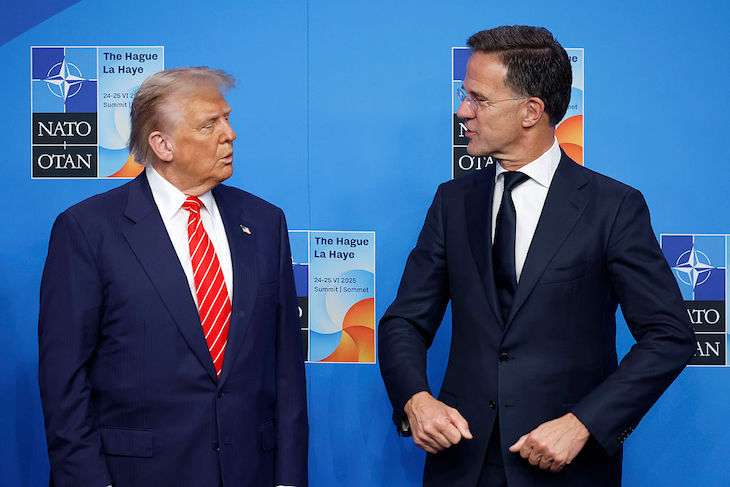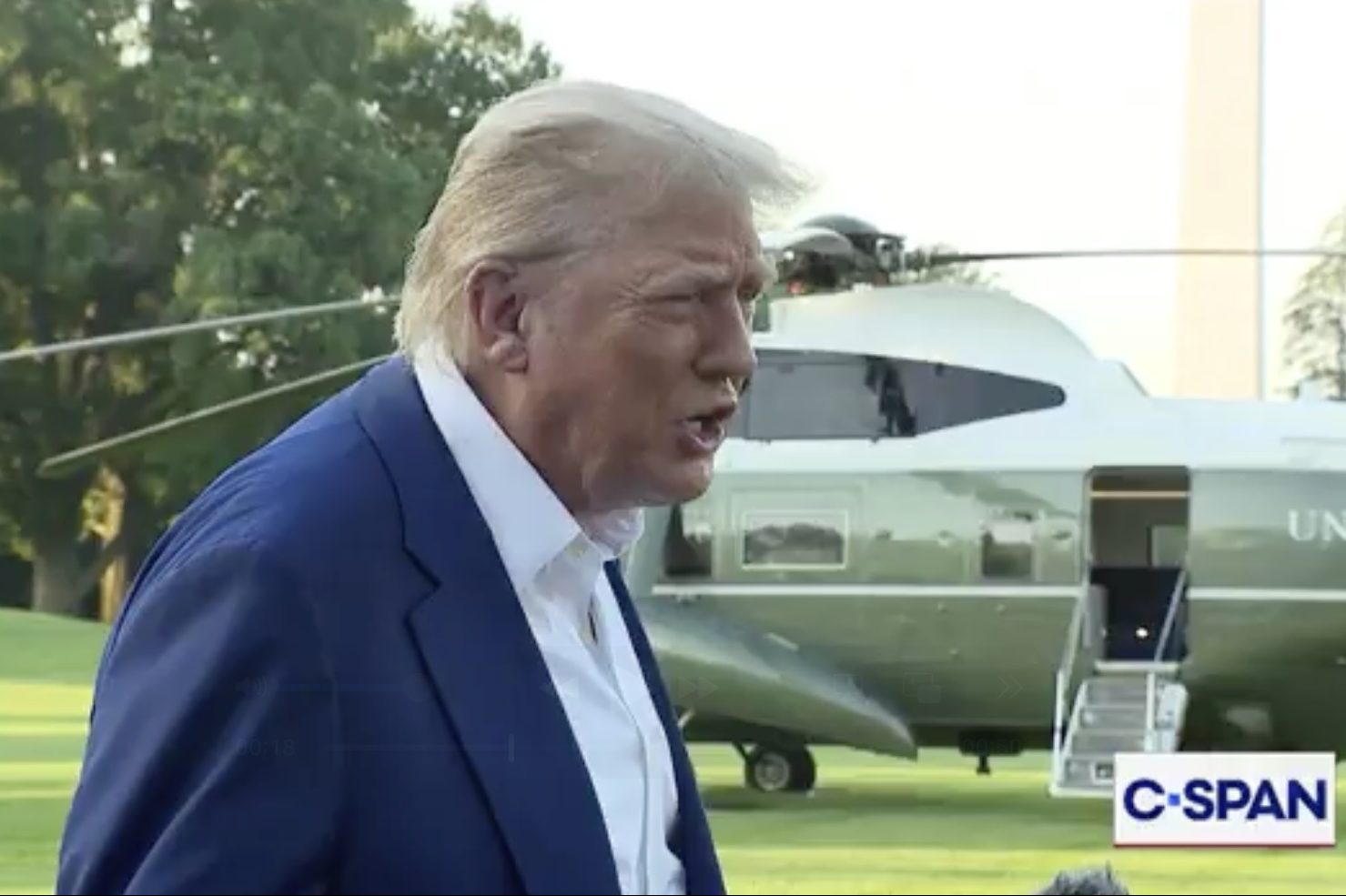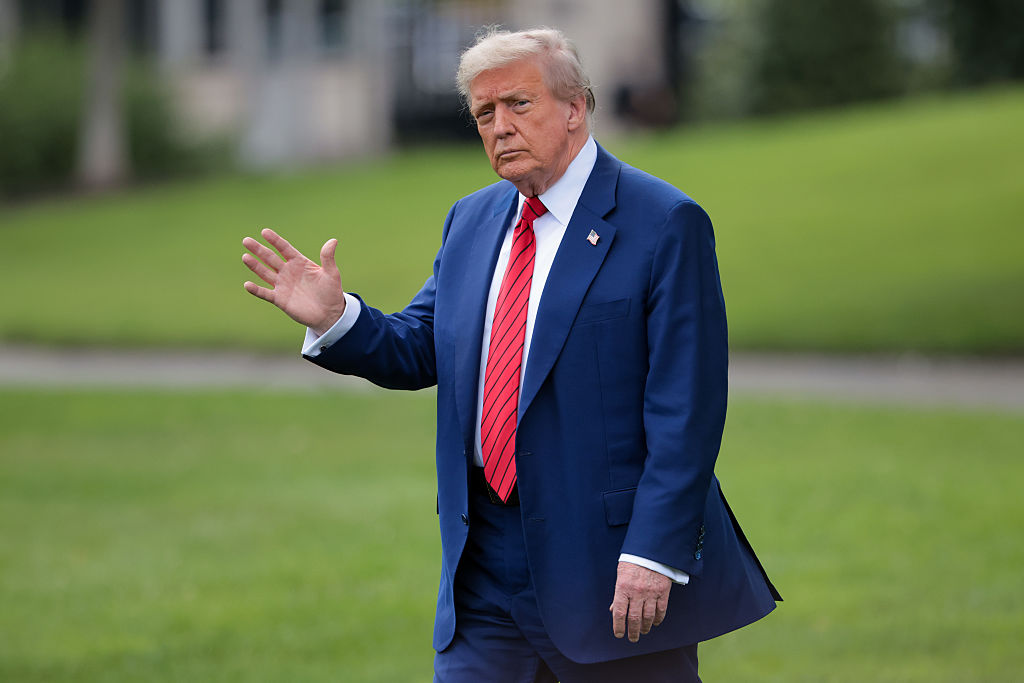Newly minted senator JD Vance of Ohio has wasted no time in extolling the virtues of a soft isolationist foreign policy. In a January 31 op-ed for the Wall Street Journal, Vance endorsed Donald Trump for president largely because Trump isn’t a hawk. A prominent member of the GOP’s national conservative wing, Vance has made skepticism of American leadership abroad a centerpiece of his political identity.
The senator attacks the “bipartisan foreign policy consensus that has led the country astray many times.” Never mind that the so-called “consensus” only really exists under extreme circumstances, such as after the 9/11 terror attacks. Think of the deep divide between right and left over how to deal with Cuba and Saudi Arabia, for example. And consensus is not synonymous with wrong: there is a bipartisan consensus that China is a major threat to the United States: is this supposed to mean that China in fact isn’t a threat? Even such national conservatives as Senator Josh Hawley agree that China is the number one foe America faces right now.
Vance also echoes the claim that is now pervasive on both left and right: that the war in Afghanistan and its attendant “nation-building project” had not “served the nation’s long-term interest.” Long a bugaboo of populists on both sides of the aisle, and a rallying cry for those calling for pulling back from world affairs, America’s involvement in Afghanistan is far more complicated than the detractors would have you believe.
While the senator acknowledges that the war in Afghanistan was originally just (which is commendable, because not everyone admits that), he decries the stabilization efforts (“nation-building”) that characterized much of America’s twenty years there. What critics of the Afghanistan effort refuse to grapple with, however, is what the alternative was supposed to be. If America had flown in, toppled the Taliban, and left, the radicals would have been back in Kabul in no time (as everyone learned in 2021). If the goal of the war was to prevent Afghanistan from becoming a safe haven for terrorists, then the war could not have just ended the day the Taliban was booted from the government.
The US could not have just absconded without aiding the devastated country in its recovery. It was best for everyone — Afghanis and Americans — that the United States stayed. Failure to do so would have not only been unjust, but also threatened Afghanistan’s stability, which in turn would have risked a resurgence of terror groups.
It is also not as if the Afghanistan burden had proven overwhelming. Before America withdrew in the summer of 2021, its presence in the country was minimal (about 2,500 to 5,000 troops in the year prior) and the cost of operations small (under $50 billion per year) compared to the assurance that terrorists could not set up shop there. It was also a useful base from which to operate in China’s backyard, and home to the only large bases America had in Central Asia.
The same cost-benefit analysis holds true for US involvement in Syria, another one of Vance’s targets. It was American weakness in Syria — the infamous chemical weapons “red line” drawn and then ignored by President Obama — that ceded the field to Russia and Iran. Putin’s Syrian adventure bolstered his stature in the Middle East, allowed him to expand Russia’s influence there, and was a visible reminder that America’s sway in the region was declining. It also contributed to a list of perceived military successes that Putin could claim, strengthening his belief that he could topple Ukraine. Iran has also been able to establish itself in Syria, boosting its ability to spread terror and act as a malign power broker in the region.
In fairness to Vance, he is right to criticize the NATO operation in Libya, which contributed to that country’s state of disarray. There are criticisms to be had of other US interventions as well.
The soft isolationist right, however, has little interest in drawing distinctions, preferring to depict the whole project of a US-led global system as a failure. It will be a self-fulfilling prophecy, though, if the proponents of an American pull-back have their way. If Vance is really concerned about the “bipartisan foreign policy consensus,” he might be better off focusing on the consensus between those of his persuasion and the progressive left. That, surely, is worth worrying about.

























